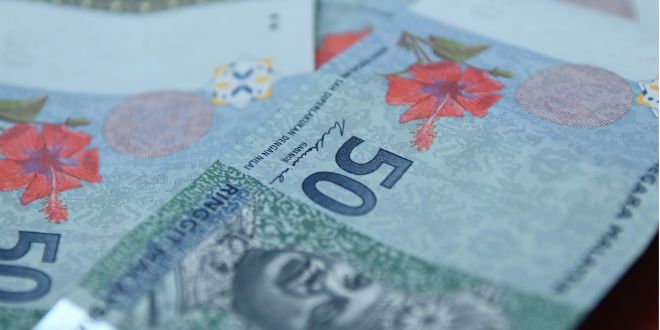Turkey’s central bank implemented another substantial increase in interest rates on Thursday, aiming to tackle the country’s severe inflation problem, which has made it difficult for families to afford basic necessities.
The central bank raised its key policy rate by 5 percentage points to 40%, continuing a series of significant hikes. This latest move is part of ongoing efforts to control inflation, which soared to a staggering 61.36% last month.
The bank, however, indicated that this trend of increasing rates is nearing its end. It stated that the current level of stringent monetary policy is almost sufficient to set a course for reducing inflation, suggesting that future rate increases will be more moderate and the cycle of tightening will soon conclude.
President Recep Tayyip Erdogan has historically favored an unconventional approach of reducing interest rates to combat inflation. This policy led to the dismissal of previous central bank governors who opposed his rate-cutting strategies. Erdogan’s unconventional economic practices have been widely criticized for contributing to Turkey’s financial woes, including a currency crisis and soaring living costs.
Globally, other central banks have also been raising interest rates rapidly in response to inflation spikes triggered by the post-pandemic economic recovery and the ongoing conflict in Ukraine.
After Erdogan’s re-election in May, his new economic team, including Mehmet Simsek, a former Merrill Lynch banker and previous finance minister until 2018, and Hafize Gaye Erkan, a former U.S.-based banking executive who became central bank governor in June, has shifted towards reversing Erdogan’s previous policy of keeping interest rates low.
Under Erkan’s leadership, the central bank has aggressively raised its main interest rate from 8.5% to the current 40%.


